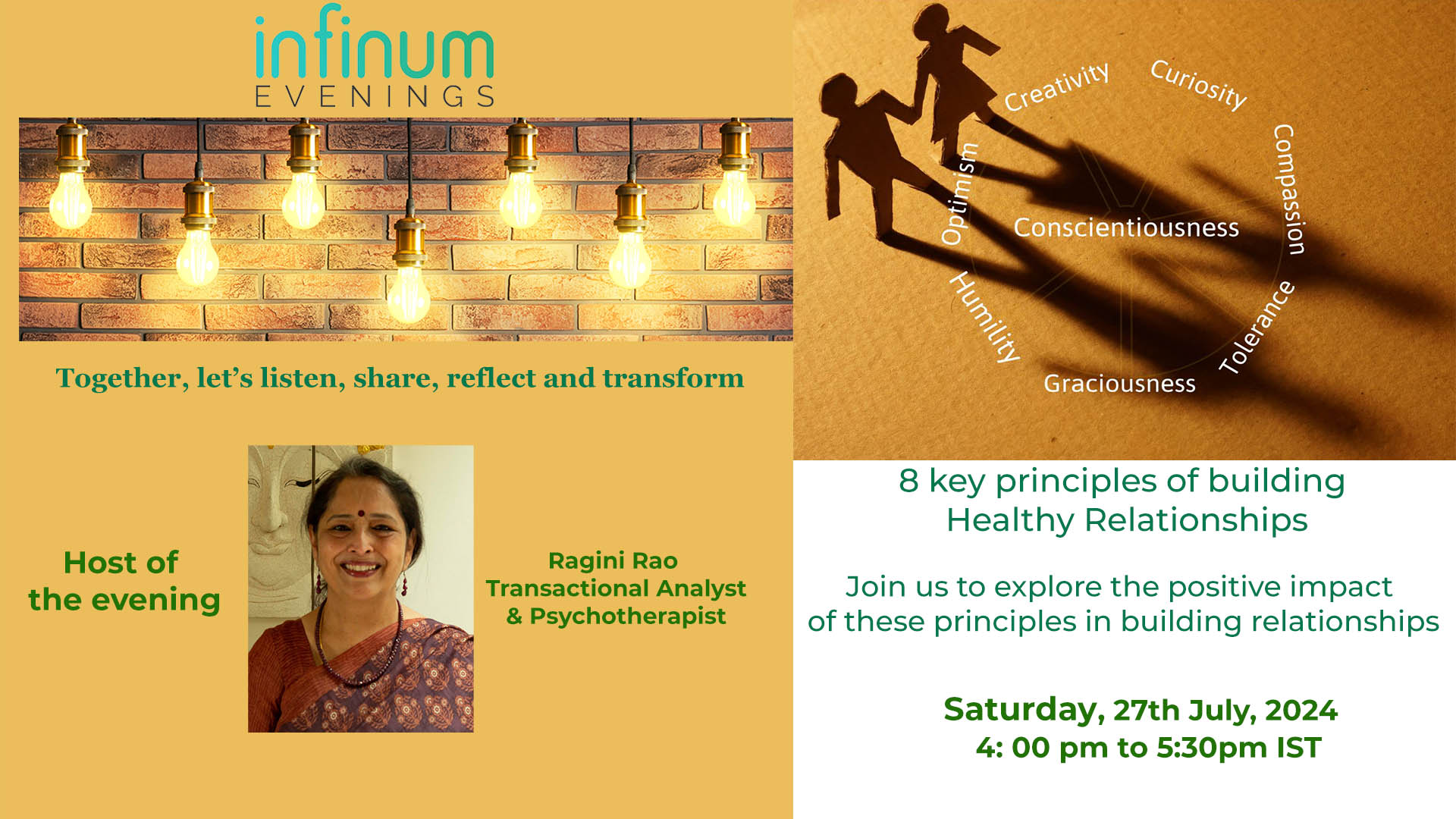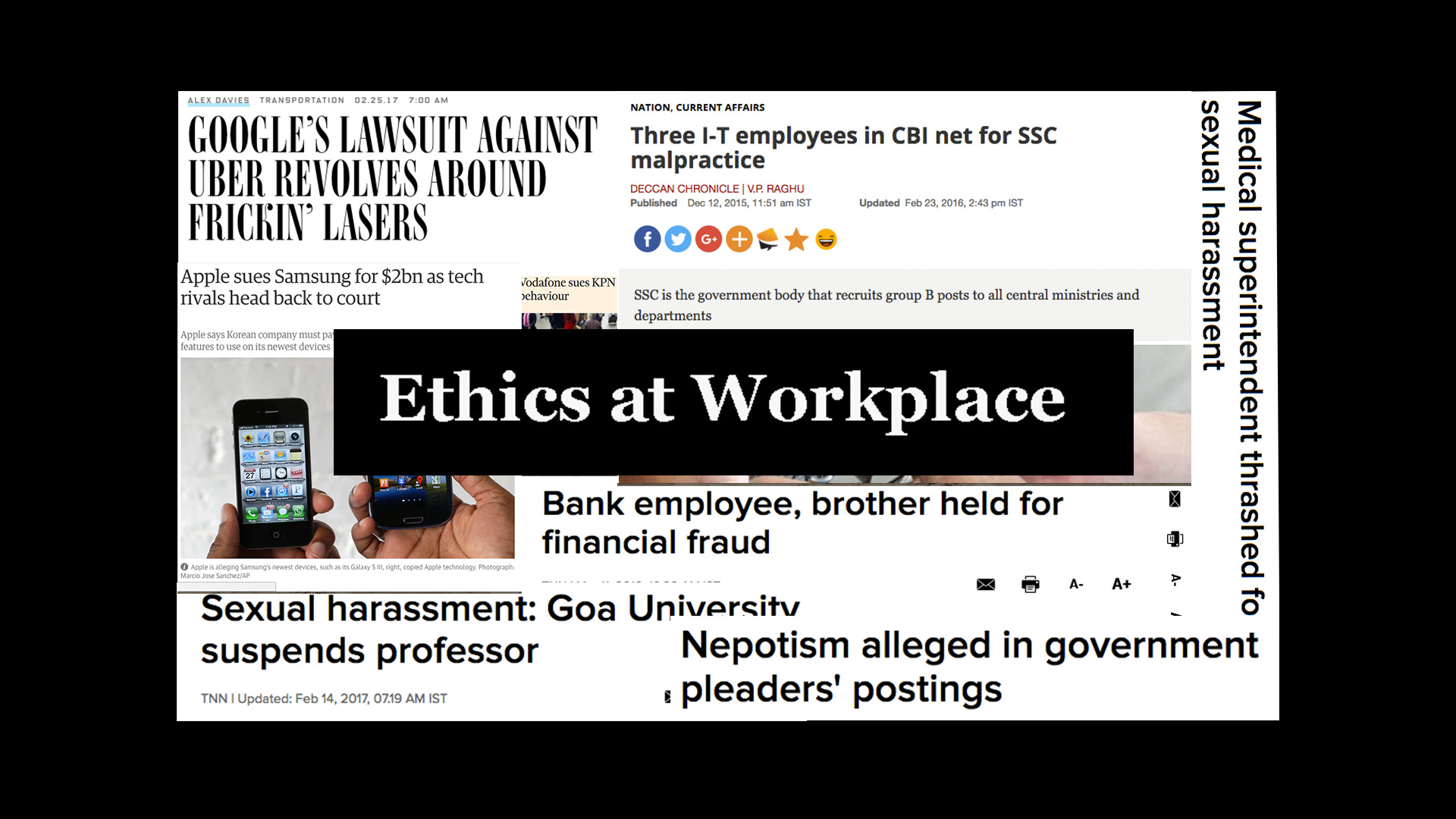Leadership is a requirement in every aspect of life – personal life, workspace, society, politics etc.
The roles most people aspire for as they grow in their careers are, of course, those needing leadership skills in the workplace. The most visible ones amongst these are the ones at senior levels in business and social organisations; and in politics.
The successful leaders in these senior positions become role models. Many of us therefore aspire to and work towards reaching such leadership positions. But the truth is, not every one reaches there; and amongst those who do reach, not all deliver well in these roles.
The reason – lack of appropriate leadership skills.
This is because leadership skills aren’t required only when we reach the top. At every step in one’s career, right from the beginning, there is a need to deploy one’s leadership skills, hone them with experience and evolve, as one climbs the career ladder.
Developing leadership skills, therefore, is an important part of one’s evolution as a professional.
What are the key requirements in leadership skills?
What does a leadership role entail? and why is it that some people seem so good at it compared to many others around them?
How does one go about developing leadership skills?
There are five fundamental steps that any leadership situation requires. These are –
- Sensing the present and visualizing the scenario ahead.
- Setting clear objectives.
- Planning the key action points.
- Communicating effectively.
- Reviewing and taking subsequent actions.
To be able to handle any situation effectively by managing the above 5 steps, one needs a combination of subject matter understanding and certain personality traits.
Often, the situation may be totally new and therefore one may not have any subject matter understanding. Yet, a good leader will manage it well, thanks to leadership skills.
Reflect within to bring about change in leadership style
Managing one’s work, in terms of the process and mindset needs, is not very different from the way one needs to manage the direction of one’s life.
Even in personal life, we need a clarity of vision, a life strategy, periodic assessments and redirecting ourselves based on progress.
If we pause and think, we will realize that, developing leadership skills starts quite early in our personal lives. Parents, teachers and friends are the first influencers in our lives. How they interact with us and how we respond, starts setting the tone for our personal behavior style.
Which, in turn, starts defining our readiness or otherwise, to be a leader.
Self Awareness therefore is a critical need in order to understand one’s strengths and weaknesses ; and to plan the changes one needs to bring about for developing leadership skills.
Personal capabilities important for Developing Leadership Skills
What are the personality traits that help in developing leadership skills?
There are five clear capabilities which the above mentioned steps require; that in turn, need multiple personality traits. These become very essential, specially for leadership skills in the workplace.
1. A visualising mind
A creative mind; one that is willing to explore; which is not preconditioned with biases and fears; and that can trust its intuition and react spontaneously.
To have a vision or to be able to freely visualize, one first needs to have an affection and involvement with the subject; to the extent of being truly passionate; and a curiosity to explore new opportunities.
Hence choosing the right domain area of work is critical. How can you envision and ideate about a subject that you are not in love with?
If you believe you are in the right space, the next step is to look within to say what stops you from feeling excited about the work you do. What inhibits you from being able to visualize a way forward.
If there are inhibitions, how did these arise?
Waking up to these inhibitions is the first step to building self awareness. Working to overcome these, leads to self confidence.
This attitude of self confidence starts reflecting in our interaction with others. That is the first step towards developing leadership skills.
2. A rational mind
A mind that questions without fear and looks for a logical reason. Questioning brings about a logic for every thought and decision. The ability to question often gets suppressed if during childhood, one has got used to being told what to do; and has been dissuaded from making free choices.
This may build fears of expressing oneself freely or asking others for clarifications.
Waking up to these inhibitions and overcoming them, will enable ask questions that help clarify one’s thoughts; in turn, leading to the ability to set clear objectives to go forward and achieve the vision.
3. A goal oriented mind
A mind that seeks to achieve and derive satisfaction on accomplishing something.
Again, childhood experiences play a big part in the confidence one has about setting up ambitious goals. The encouragement received to achieve or the criticism faced on performance, typically in education or in sports, are the deciders of the attitude one develops towards ambition and aspirations.
Fears ingrained from the past experiences build a lack of confidence and pessimism about one’s abilities; leading to avoiding ambitious goals.
Identifying and eliminating the ingrained fears is important, for the mind to be free to visualize and set ambitious goals to achieve.
Each achievement sets the stage for the next goal; and also gives the confidence to take on a larger goal.
A confident mind, unafraid of facing criticism on failure, will be bold enough to set stretched targets.
Having an ambitious mind is key to even inspiring a person to work towards developing leadership skills.
4. A relatable mind
A positive mind that seeks to connect with others; keen to speak, share feelings and listen to those of others; show enthusiasm and empathy.
A leader needs to be keen to speak to others, listen to their experiences and opinions and be willing to evaluate situations dispassionately. The key to this is self confidence and a respect for others.
Dr.Eric Berne’s theory of Transactional Analysis explains the concept of Life Positions we all hold; which define our attitudes towards self and others.
“I am ok, you are ok” is an attitude that displays positivity and respect towards others. Displaying this shows an acceptance of the value others bring to the task.
This not only brings forth a 360 degree view of the situation; it also encourages and enthuses the other team members to participate in achieving the goals.
On the other hand, leaders with an attitude of “I am ok , you are not ok” tend to put off the team members and lose out on the critical inputs and cooperation they could provide.
Likewise, Leaders who nurture an attitude of “I am not ok, you are ok” avoid questioning and reasoning out in discussions. They tend to accept whatever others say and as a result, very quickly lose the respect of the team members.
A self awareness exercise helps enormously in identifying the attitude one tends to display more often. A deeper analysis can help evaluate the root cause of the attitude; thus helping bring about the change. This is a very important step to acquire leadership skills in the workplace.
Read this article on Attitudes to understand the concept of Life Positions.
5. A process oriented mind
The logical mind that can quickly visualize a flow of activities.
Good Execution is eventually the key to success in achieving goals. This comes from strategic thinking capability.
A capability to understand what actions will help achieve the goals, how to move in the right direction, what could be the impediments and how to tackle them.
The vision may be great, the objectives ambitious, the team connect enthusiastic; but if the execution plan and management are weak, the goals cannot be achieved.
Strategic thinking, persistence and determination to meet the objectives become very critical in designing workable processes that help execute well and achieve goals.
What helps a person acquire these three qualities?
It brings us back to (a) a strong desire to achieve something and (b) the confidence that it is possible to do so.
To summarize
- Developing leadership skills is possible at any point in life.
- A visionary mind needs creativity, curiosity, passion and self confidence.
- A rational mind needs the freedom to question and ability to put a logic to explain situations and actions.
- A goal oriented mind needs ambition and self confidence to set stretched goals.
- A relatable mind needs Positivity, Enthusiasm, Listening, Empathy and Mutual Respect to motivate others to contribute to achieving goals.
- A process oriented mind needs strategic thinking, persistence and determination to ensure great execution.
For developing leadership skills, it is very important that we become aware of ourselves; our thoughts, feelings, beliefs and attitudes. Self Awareness workshops can help do this in a professional and holistic way.
Sridhar Rao is a Management Coach and Mentor and is available for one to one sessions online as a part of the InfinumGrowth Coaching panel. Click to know more.
Please do leave your comments at the bottom and do share with others if you like this article.

















Nice article Sridhar!